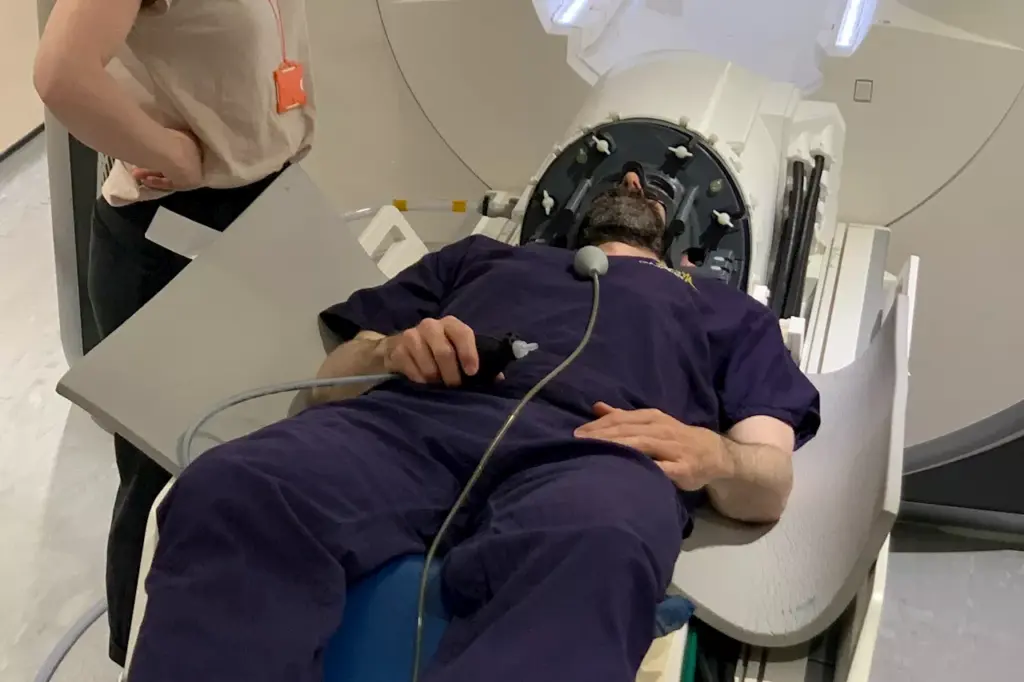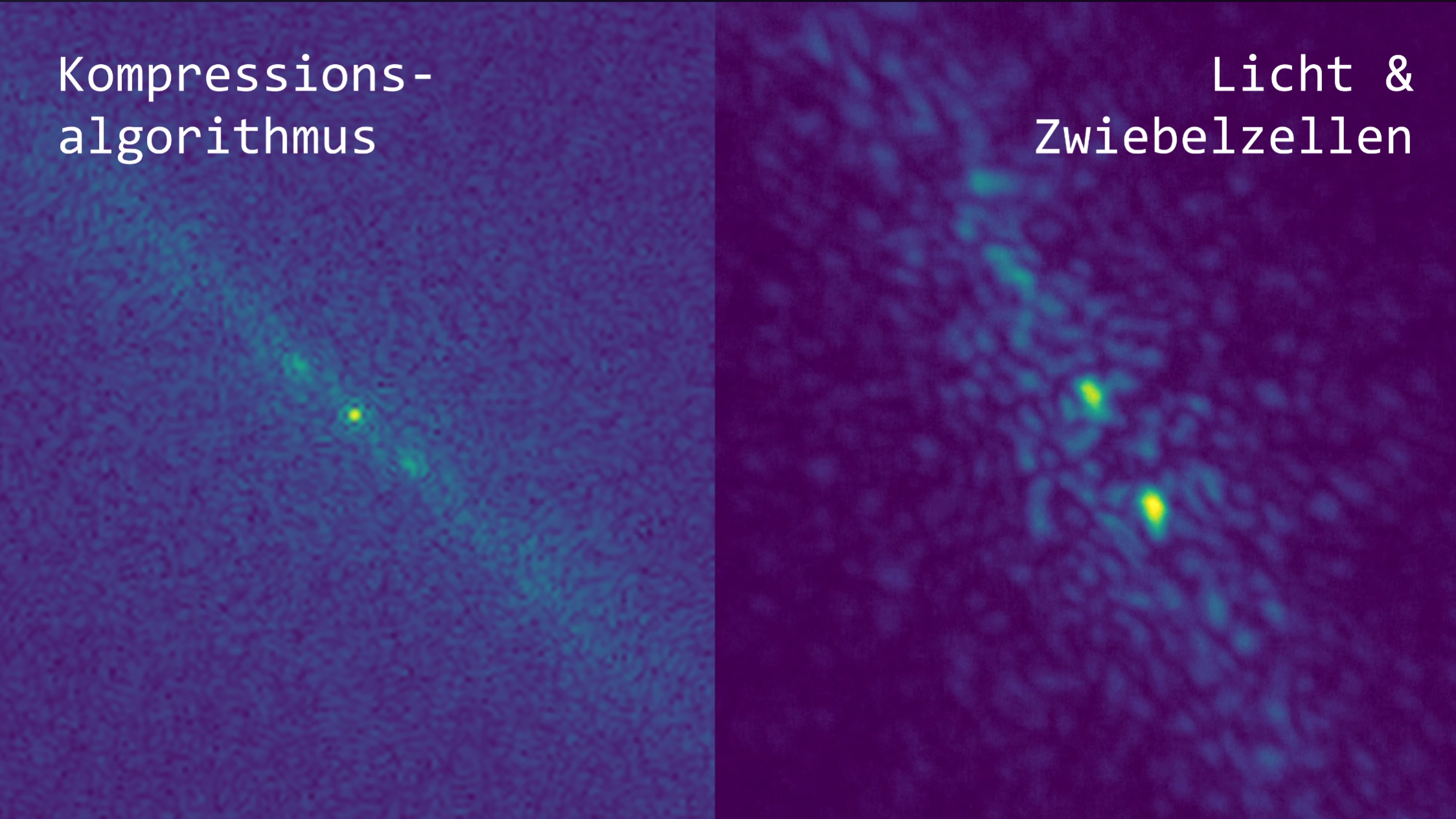
Recent research from the University of California, Berkeley, has uncovered significant insights into how and when individuals change their minds. Using advanced brain imaging technology, scientists have identified specific neural patterns that predict shifts in decision-making. This study, which received funding of approximately $1.2 million from the National Institutes of Health (NIH), highlights the intricate relationship between brain activity and cognitive flexibility.
The study, led by Dr. Jack Gallant, involved a series of experiments where participants were presented with various choices. Advanced functional magnetic resonance imaging (fMRI) allowed researchers to observe brain activity in real time. The findings suggest that certain brain signals can forecast when a person is likely to alter their decision, providing a clearer understanding of the cognitive processes at play.
Understanding the Research Methodology
In the experiments, participants were asked to make choices between different monetary rewards. As they navigated these decisions, their brain activity was monitored. The research team identified distinct neural markers associated with the moments leading up to a change of mind. According to Dr. Gallant, the ability to predict decision alterations could have significant implications for various fields, including behavioral psychology and economics.
The results indicate that changes in decisions are not random but rather follow identifiable neural patterns. This suggests that understanding these patterns could help in developing strategies to influence decision-making in both personal and professional contexts.
Implications for Future Research and Application
The implications of this research extend beyond theoretical interest. Dr. Gallant noted that the ability to predict decision changes could lead to applications in marketing, mental health, and even artificial intelligence. By understanding how the brain processes information and makes decisions, practitioners in these fields can tailor their approaches to better resonate with individuals.
Moreover, the study opens avenues for further research into cognitive flexibility, a crucial component in various psychological conditions. The ability to adapt decisions in response to new information is vital for effective problem-solving and interpersonal relationships.
This groundbreaking research not only enhances our understanding of the human brain but also sets the stage for future studies that could refine our grasp of decision-making processes. As scientists continue to explore these neural mechanisms, the potential for practical applications in everyday life remains vast.
In conclusion, the findings from the University of California, Berkeley represent a significant step forward in cognitive neuroscience. The ability to understand when and why people change their minds could reshape various fields, fostering a deeper comprehension of human behavior and decision-making.







